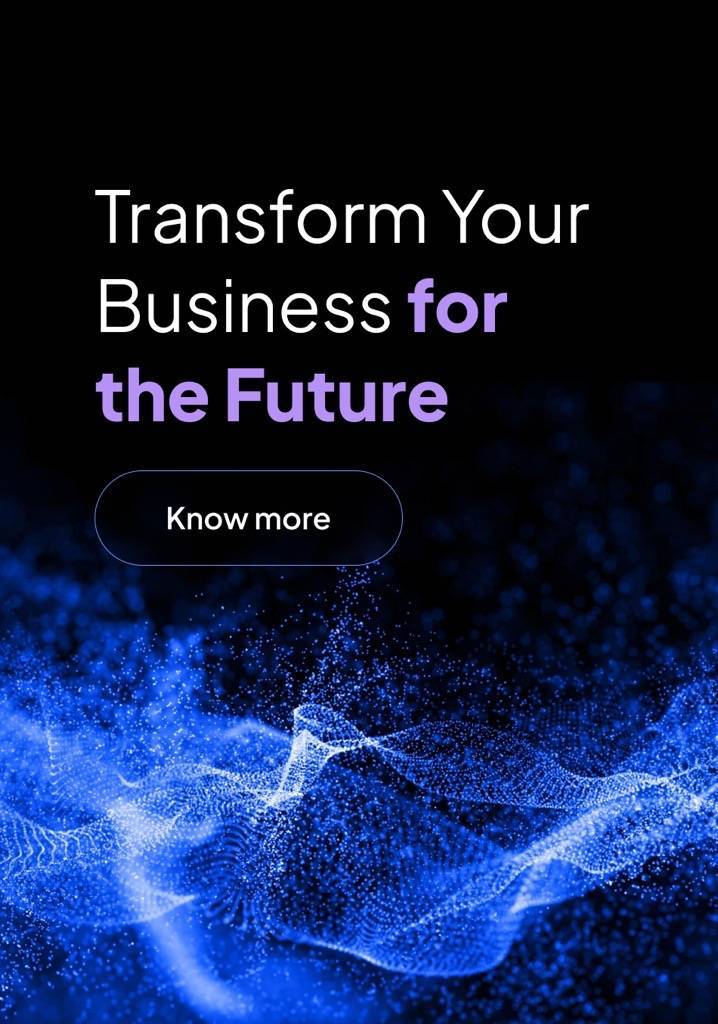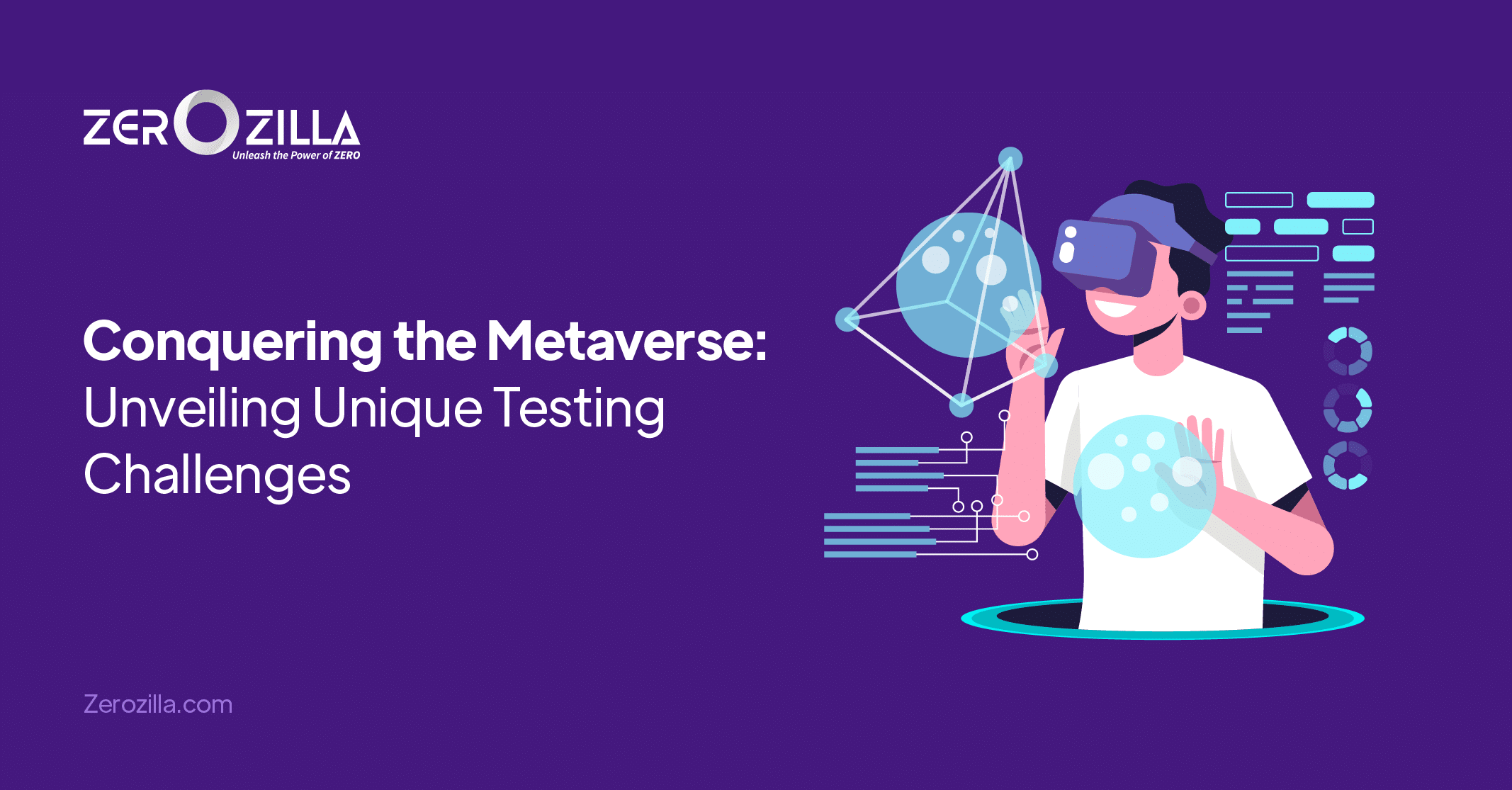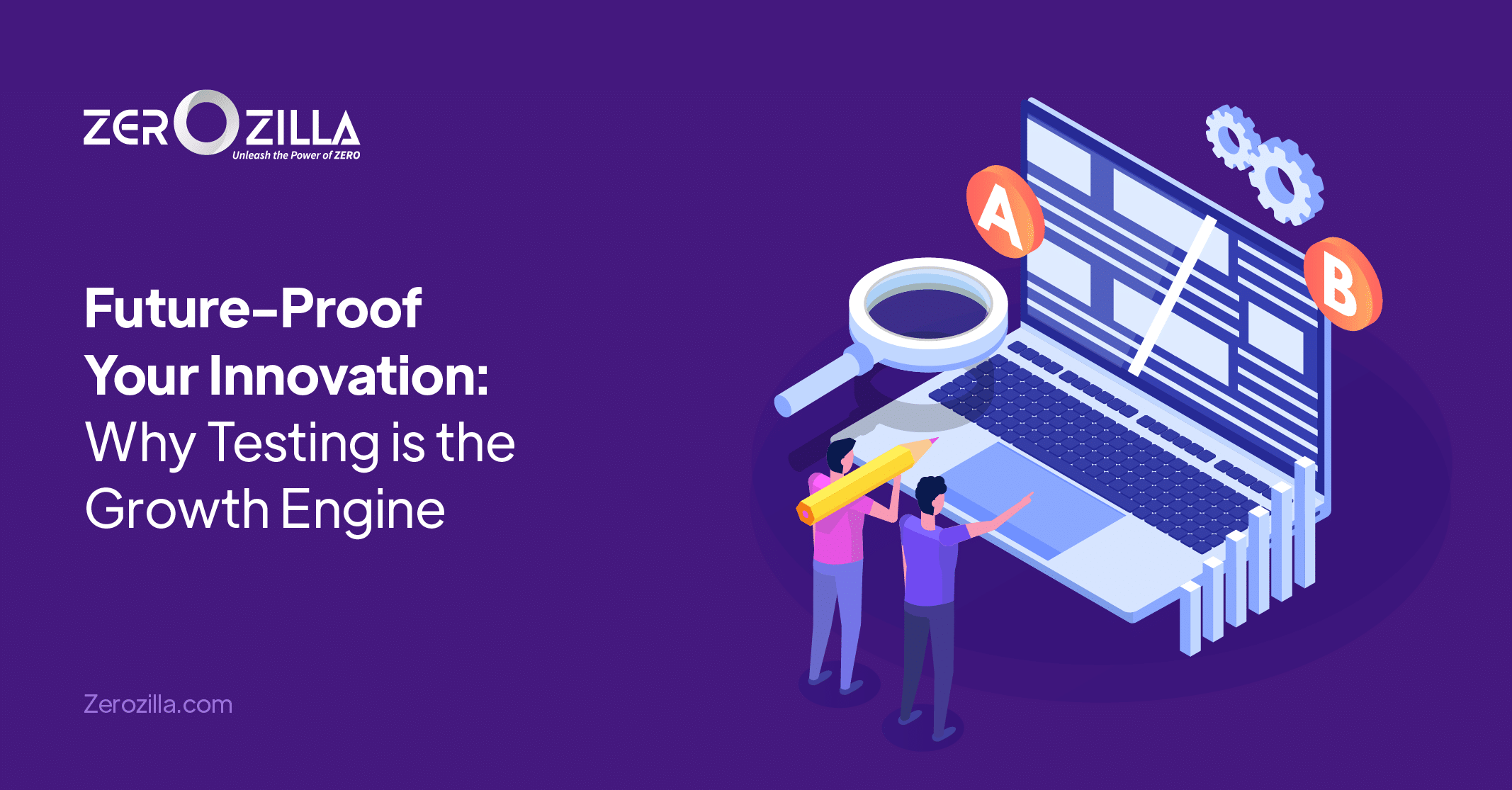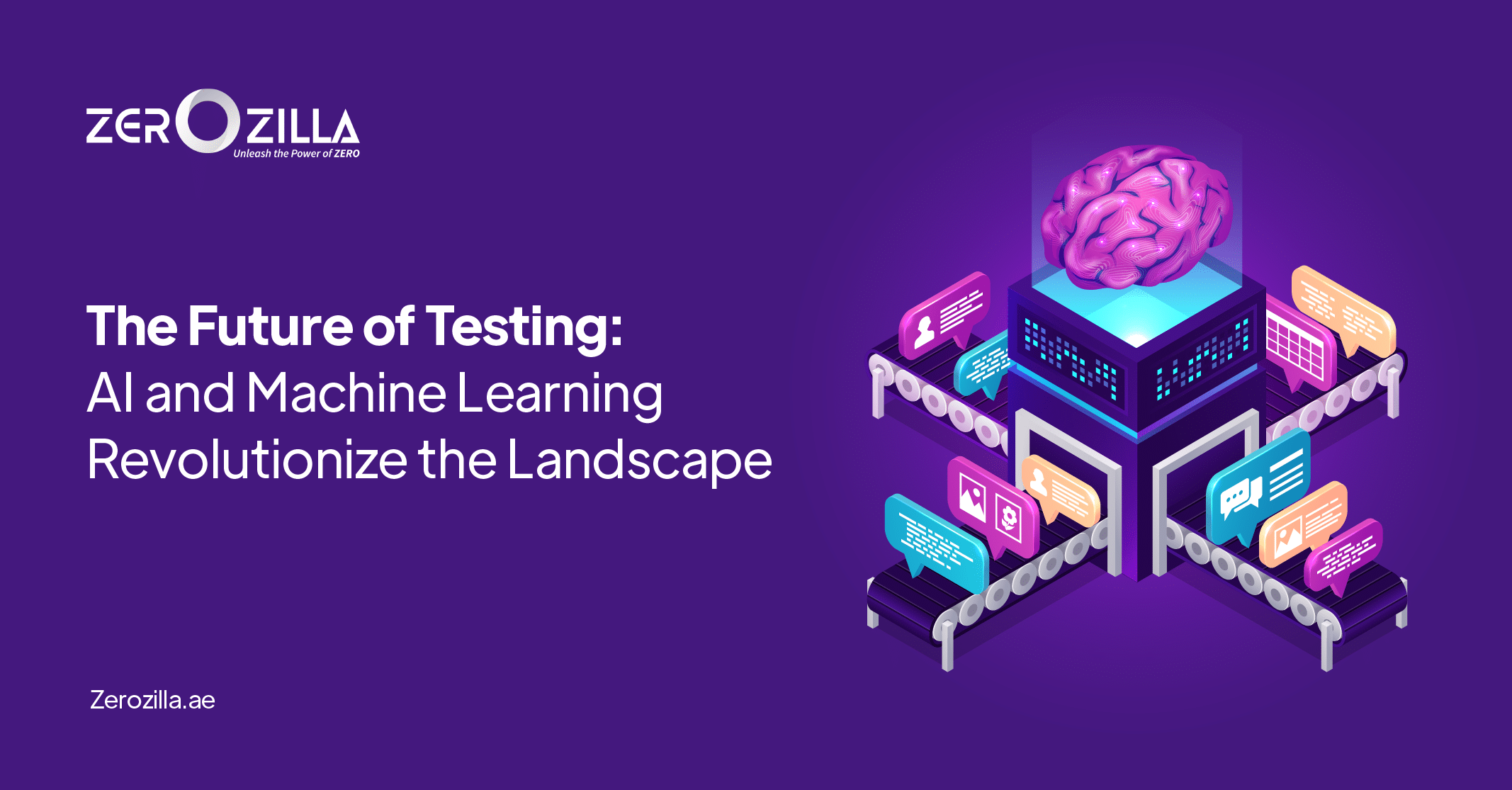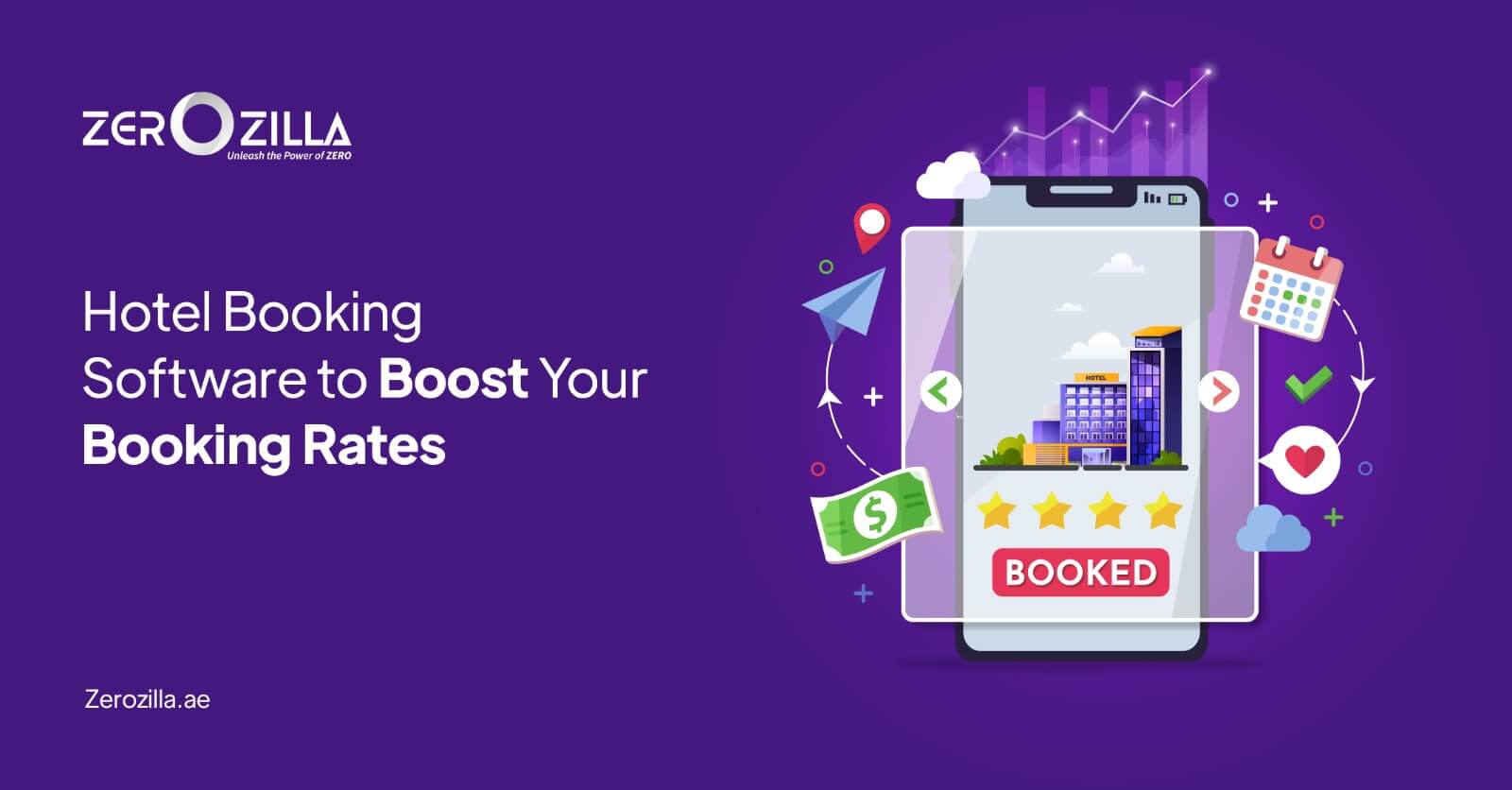Choosing the right software solutions is far from simple. It’s like a make-or-break decision. With rapid technological advancements, there are a myriad of solutions available.
For example, company A has opted for a cloud-based Enterprise Resource Planning (ERP) solution. This decision streamlined their supply chain and provided real-time insights into inventory and production. Company B integrated AI-driven chatbots into their customer service platform. These chatbots handled routine inquiries, allowing human agents to focus on more complex issues.
In both scenarios, it’s clear that each business has its own needs to be fulfilled. Once you choose the right enterprise software solutions, you will not only see enhanced operational efficiency but also the unparalleled growth. In this blog post, we’ll explore the best practices and trends in selecting the right solutions, providing insights into how businesses should make these critical decisions.
Understanding the Technology Stack
One fundamental aspect to consider when choosing software solutions is the technology stack. A technology stack comprises the set of technologies, tools, and frameworks used to build and operate a software application. There are two main types of stacks: horizontal and vertical. Understanding the nuances of horizontal and vertical stacks is pivotal, as it influences whether a business aims to create a widely applicable product or deliver specialized services within a particular sector.
Horizontal Stack
A horizontal stack encompasses versatile technologies applicable across diverse industries and business functions. One prime example is the Microsoft Azure cloud computing platform, offering a comprehensive suite of services, from virtual computing to analytics. The use of a horizontal stack indicates a focus on developing products with broad applicability.
Vertical Stack
In contrast, a vertical stack is tailored to specific industries or business functions, optimizing enterprise software solutions for specialized needs. For instance, a healthcare-oriented technology stack might include Electronic Health Record (EHR) systems and specialized analytics tools, providing a more focused approach to addressing industry-specific challenges.
Emerging Technology Trends
Staying ahead in the dynamic tech landscape requires a keen awareness of emerging trends, collectively encapsulated in the acronym SMAC—Social, Mobility, Analytics, and Cloud. India has become a tech hub and some of big software solutions company in Bangalore strive to harness the power of these trends for transformative impact.
Social
In the realm of social media, big data technologies play a pivotal role in harnessing the immense data generated on these platforms. Businesses can employ advanced analytics tools, including Apache Hadoop and Apache Spark, to derive valuable insights into consumer behavior, preferences, and trends. Software solutions like customer relationship management (CRM) tools like Salesforce harness social data to enhance customer interactions and inform marketing strategies.
Mobility
The mobile revolution has transformed the way businesses operate, with mobile applications at the forefront. Technologies such as React Native and Flutter enable the development of cross-platform applications, ensuring a seamless user experience across various devices. The integration of AI and ML in mobile applications empowers businesses to offer personalized experiences and predictive functionalities, enhancing user engagement and satisfaction.
Analytics
Analytics, the process of examining data to extract meaningful insights, is a cornerstone in strategic decision-making. Business Intelligence (BI) tools like Tableau and Power BI enable businesses to visualize and interpret data, facilitating informed choices. Advanced analytics, powered by machine learning algorithms, provides refined information for predictive modeling, trend analysis, and strategic planning.
Cloud
Cloud computing has revolutionized the enterprise software solutions arena, offering scalability, flexibility, and cost-effectiveness. Platforms such as Amazon Web Services (AWS) and Google Cloud provide a pay-as-you-go model, eliminating the need for heavy upfront investments in traditional servers. While some businesses may still rely on on-premises solutions, others embrace the cloud for its agility and resource efficiency.
Orchestration tools like Kubernetes and Docker Swarm are instrumental in managing applications across multiple cloud environments efficiently. Single sign-on solutions, such as Okta and Auth0, enhance security and user experience in cloud-based operations, addressing concerns related to data integrity and access control.
Best Practices for Choosing the Right Solutions
Now that we’ve explored the current trends, let’s delve into the best practices that businesses should follow when selecting a perfect tech solution:
Type of Business
The nature of your business, whether focused on product development or service provision, significantly shapes the type of software solutions required. For product development, a horizontal stack offers versatility. In contrast, service providers may opt for a vertical stack tailored to industry-specific nuances.
Budget
Budget considerations are paramount, determining the range of software solutions accessible to your business. Understanding whether your funding is in-house, falls under capital expenditure (capex), or operational expenditure (opex) is crucial. Cloud solutions often align well with opex budgets, thanks to their scalable and pay-as-you-go nature.
Resources Available
Availability of skilled resources is a critical factor. Technologies such as Python, Java, and JavaScript are ubiquitous and offer versatility. Ensuring your team is proficient in the chosen stack ensures scalability and adaptability to emerging technologies. Top software solutions company in Bangalore also offer customised solutions as per the business needs and long term-goals.
ROI (Return on Investment)
A thorough analysis of the expected return on investment is imperative. Businesses need to assess how quickly they can achieve a break-even point and when profits are anticipated through the implementation of selected enterprise software solutions. Technologies like blockchain can also play a role in ensuring transparency and accountability, contributing to long-term ROI.
Scalable Business Model
Opting for tech solutions that align with your business’s scalability requirements is essential. A scalable model ensures your technology infrastructure can adapt seamlessly to growing demands without compromising performance. Container orchestration tools like Kubernetes support scalability, allowing businesses to handle increased workloads efficiently.
Competition
Understanding the competitive landscape within your industry is crucial. Carving a niche for your business and comprehending the market share you aim to capture shapes the customization of your software solutions. Utilizing emerging technologies like edge computing can offer a competitive advantage by reducing latency and enhancing real-time processing capabilities.
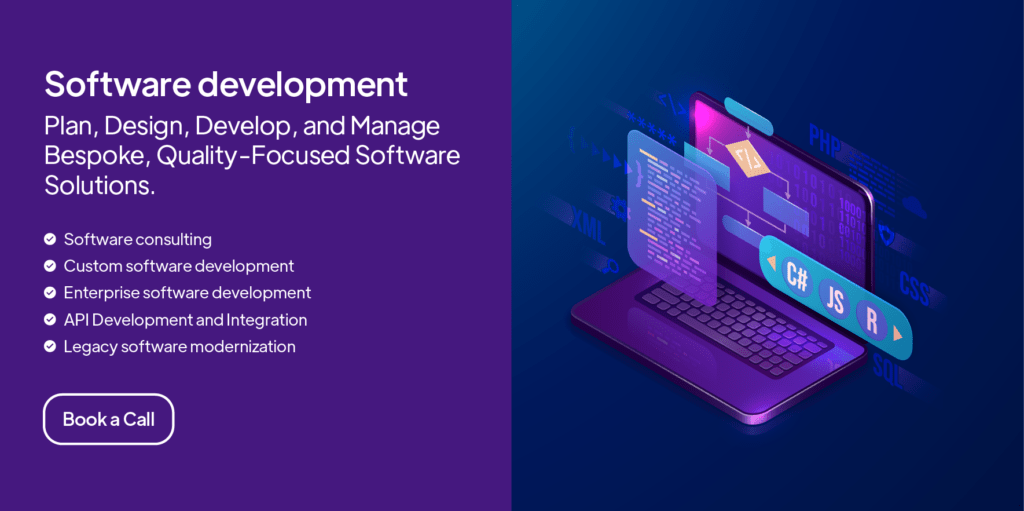
Final Thoughts
In conclusion, you don’t need to end up breaking your head to decide what’s the right choice for your business. What you need is an expert to navigate the complex landscape of software solutions on your behalf. Whether you are a newcomer in the market or aiming to upscale your business to new heights, there’s a tailor-made software solution for everyone.
Additionally, the notion of developing customized software in-house proves highly impractical. This is where the expertise of a top software solutions company in Bangalore becomes indispensable.
Zerozilla offers top-notch enterprise software solutions that go beyond meeting your immediate needs. Our solutions evolve alongside your business, providing a foundation for efficiency, innovation, and sustained growth. Choose the right software solutions today, and let your business thrive in the digital era.
